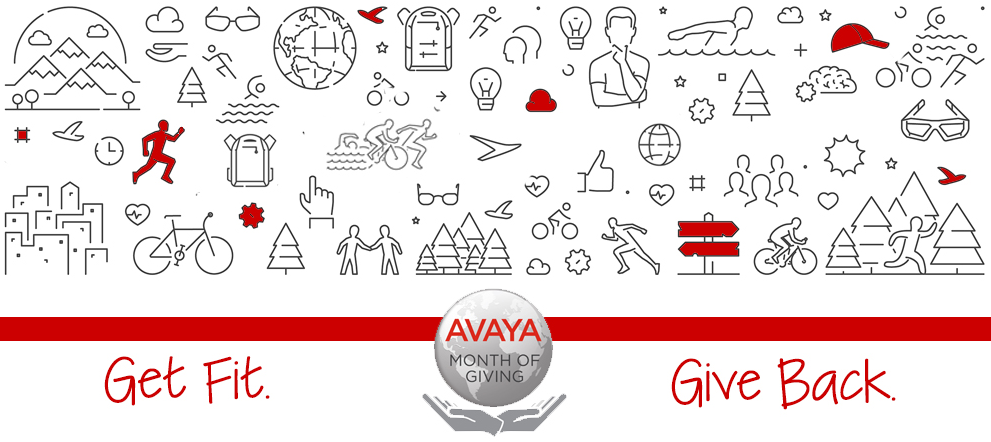
My Appeal
Thanks to the generous support of donors like you, Doctors Without Borders/Médecins Sans Frontières (MSF) is able to maintain the financial and operational independence that allows us to provide urgent medical care to hundreds of thousands of people affected by war, starvation, and disease in more than 60 countries around the world each year. On behalf of MSF volunteers, staff, and, most importantly, the people whom we assist, we would like to extend our deepest gratitude to you for your belief in our humanitarian work and your ongoing support in making it a reality.
My Progress
Sarah is
walking
310,000 steps and raising funds for Doctors Without Borders USA Inc.. Please show your support and donate generously.
592,538.0
STEPS done
310,000 steps
My Cause
The Mission:
The mission of Doctors Without Borders/Médecins Sans Frontières (MSF) is to provide impartial medical relief to the victims of war, disease, and natural or man-made disaster, without regard to race, religion, or political affiliation.
About the Organization:
In 71 countries around the world, Doctors Without Borders/Médecins Sans Frontières (MSF) saves lives by providing medical aid where it is needed most—in armed conflicts, epidemics, natural disasters, and other crises. The people who work for MSF are doctors, nurses, midwives, epidemiologists, water-and-sanitation experts and many others who combine their professional expertise with a commitment to the world’s most vulnerable people. Each year, these medical teams run close to 470 projects where they care for millions of people. MSF’s work is based on the humanitarian principles of medical ethics and impartiality. As an organization, MSF is neutral and operates independently of any political, military, or religious agendas. It does not take sides in armed conflicts, provides care based on needs alone, and advocates for increased independent access to victims of conflict and disaster as required under international humanitarian law. Medical teams conduct evaluations on the ground to determine a population's medical needs before opening programs, aiming to fill gaps that exist (rather than replicating services that are already offered) or reach communities that are not being assisted. Over the years, the organization has been the recipient of several awards that recognize its work, including the 1998 Conrad N. Hilton Humanitarian Prize, the 1999 Nobel Peace Prize, the 2012 J. William Fulbright Prize for International Understanding, the 2015 Lasker-Bloomberg Public Service Award, and the 2017 Pardes Humanitarian Prize for Mental Health.


